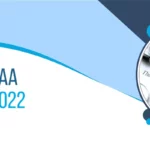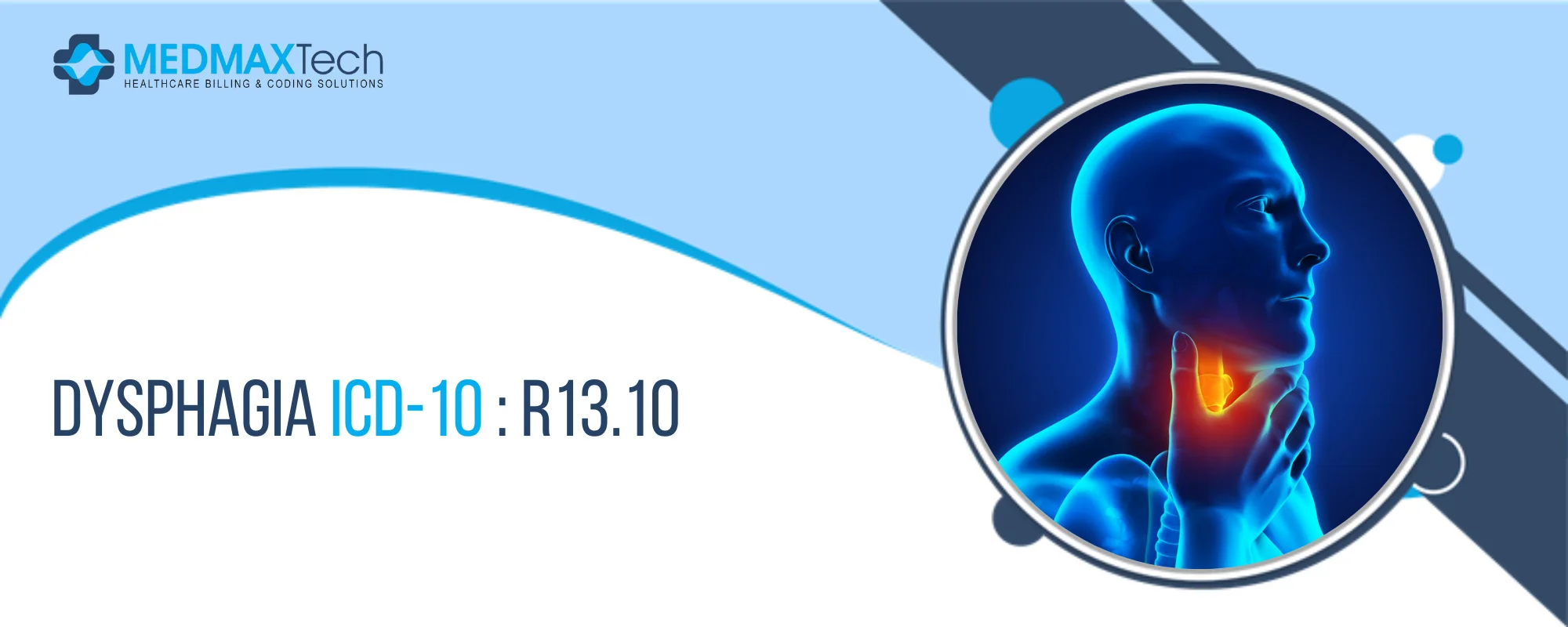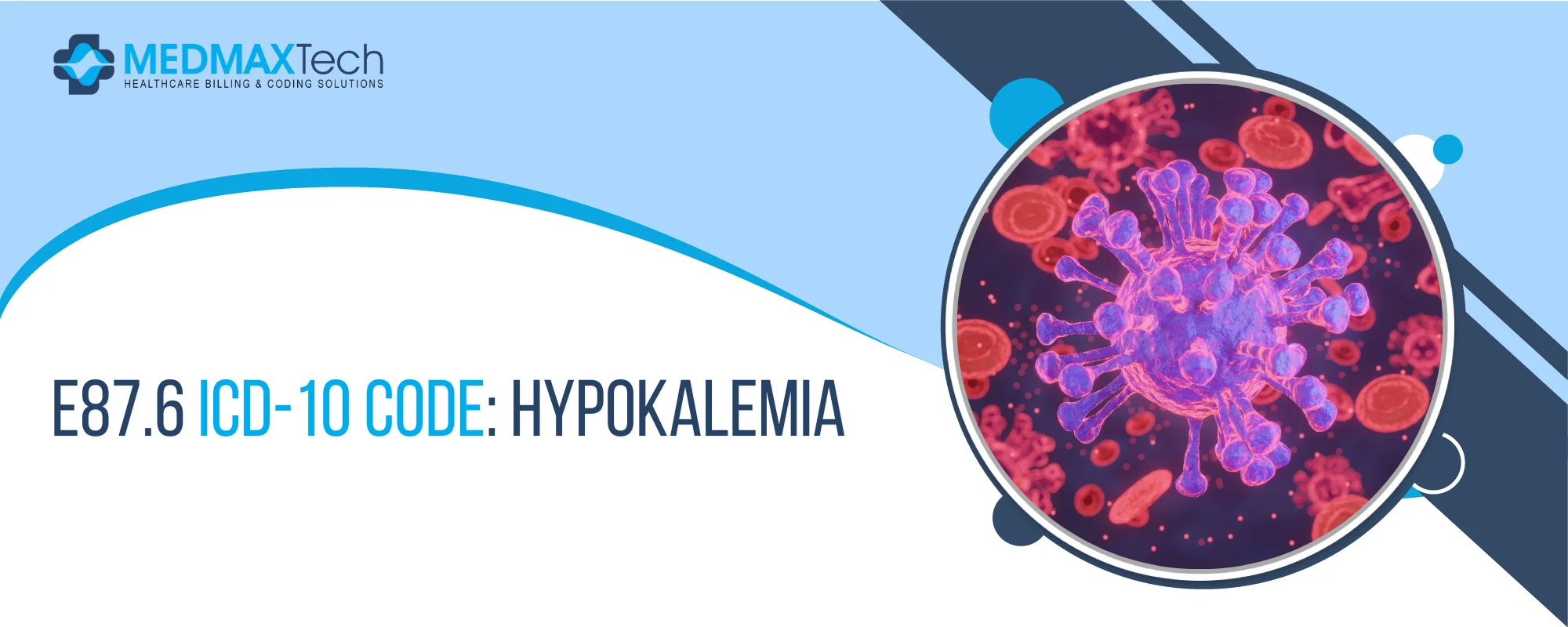
ICD 10 Weakness: R53.1
Medical coding is an essential part of modern healthcare. It ensures that diagnoses are documented accurately and that insurance claims are processed smoothly. One of the most widely used systems is the ICD-10—short for International Classification of Diseases, 10th Edition. This system is used globally to classify diseases, symptoms, and various medical conditions.
Among the numerous ICD-10 codes, R53.1 – Weakness is commonly used by healthcare providers and medical coders. This particular code helps document situations where a patient is experiencing generalized weakness, but no specific underlying condition is identified.
Why ICD-10 Codes Matter
ICD-10 isn’t just a system for coders—it plays a bigger role in the healthcare ecosystem:
- It ensures accurate billing and reimbursement for medical services.
- It standardizes medical records across hospitals, clinics, and insurers.
- It aids in disease tracking and helps medical research aimed at improving patient care.
What Is ICD-10 Code R53.1?
The official label for ICD-10 Code R53.1 is simply: Weakness. It’s used when a patient experiences a generalized loss of strength, without a confirmed diagnosis like a neurological condition or muscle disorder.
A Few Key Things to Know:
- R53.1 should not be used for weakness caused by neurological disorders like stroke, ALS, or MS.
- It’s typically used when a patient presents with generalized weakness, but the root cause isn’t yet known.
- Proper documentation is essential for insurance purposes.
Who Benefits From Understanding This Code?
This guide is helpful for:
- Medical Coders & Billers – For accurate ICD-10 documentation.
- Doctors & Providers – To differentiate between types of weakness.
- Researchers & Public Health Officials – To track and analyze health trends.
- Patients & Caregivers – To better understand what this diagnosis means.
Where R53.1 Falls in the ICD-10 System
R53.1 lives under Chapter 18: Symptoms, signs and abnormal clinical and lab findings, not elsewhere classified (R00–R99).
Per the World Health Organization (WHO), R53.1 is used when:
- A patient has generalized weakness.
- No specific disease or diagnosis is identified.
- A more accurate or precise code doesn’t exist.
When not to use R53.1:
- If the weakness is linked to a specific disease (use that disease’s code).
- If it’s related to aging (use R54 for age-related decline).
- If it’s part of a neurological or musculoskeletal condition (use the appropriate code).
Primary vs. Secondary Diagnosis: When to Use R53.1
- Primary diagnosis: When weakness is the main reason for the visit and no other condition is found.
- Secondary diagnosis: When weakness is a symptom tied to another diagnosis (like anemia or chronic illness).
Knowing the Difference: Generalized Weakness vs. Muscle Weakness
| ICD-10 Code | Condition | Use When |
|---|---|---|
| R53.1e | General Weakness | The cause is unclear or not yet diagnosed |
| M62.81 | Muscle Weakness | There's localized muscle loss due to injury or nerve issues |
| M62.84 | Sarcopenia | The patient has age-related muscle loss |
| R54 | Age-Related Weakness | Weakness is due to natural aging |
| R53.83 | Fatigue | Tiredness is the main symptom |
What Causes Generalized Weakness?
R53.1 is often used when patients are affected by:
- Neurological issues – Stroke, MS, ALS
- Chronic conditions – Diabetes, hypothyroidism, anemia
- Cancer or treatments – Like chemotherapy
- Infections – COVID-19, HIV/AIDS, Lyme disease
- Medication side effects – Sedatives, corticosteroids, chemo drugs
Diagnostic Approach: How Doctors Evaluate Weakness
When someone reports generalized weakness, doctors follow a step-by-step evaluation:
They ask:
- When did it start—suddenly or gradually?
- Is it general or localized?
- Are there other symptoms (pain, numbness, dizziness)?
- What’s the patient’s medical history?
- Are they on medications that might be causing weakness?
They test:
- Blood tests: CBC, thyroid panel, electrolytes, vitamins
- Neurological exams: Reflexes, grip strength
- Imaging: CT, MRI
- EMG: For nerve and muscle function
Strength is often graded on a 0–5 scale to determine severity.
Specialty Use: How Different Doctors Use R53.1
| Specialty | How They Use R53.1 |
| PCPs | Use when cause is unclear and refer if needed |
| Neurologists | Only use when no neurologic disorder is diagnosed |
| Physical Therapist | For recovery cases, post-illness or surgery |
| Geriatricians | Use for chronic illness-related weakness, not agin |
| Oncologists | When cancer patients experience general weakness |
Treating Generalized Weakness
Treatment depends on the underlying cause.
- Address the root cause
- Iron or B12 for anemia
- Thyroid therapy for thyroid issues
- Change medications if they’re the problem
- Physical therapy and rehab
- Leg lifts, grip strength, balance training
- Medication adjustments
- Taper sedatives or switch to safer options
- Taper sedatives or switch to safer options
Specialist referrals when symptoms worsen or become more specific.
When to Use Additional ICD-10 Codes with R53.1
| Cause | Use This Code |
|---|---|
| Stroke | I69.3 |
| Post-COVID weakness | U09.9 |
| Kidney disease | N18.9 |
| Cancer | R53.82 |
| Malnutrition | E43 or E44 |
Avoid These Common Mistakes
- Don’t use R53.1 if a more specific code applies (e.g., M62.81).
- Don’t pair it with R53.83 (fatigue)—they’re different.
- Don’t use it for age-related weakness (R54 is the right one).
Tips for Accurate Coding and Claim Approval
- Document clearly why R53.1 was chosen.
- Include relevant labs and physical exam notes.
- Sequence codes properly if R53.1 is a secondary diagnosis.
Legal & Billing Considerations
Incorrect use of R53.1 can lead to:
- Insurance denials
- Medicare audits
- Potential penalties under the False Claims Act
What’s Next? ICD-11 Is Coming
The ICD-10 system, in use since 1994, is being replaced by ICD-11. It offers better specificity, especially for symptoms like weakness.
| ICD Version | Code | Details |
|---|---|---|
| ICD-10 | R53.1 | Generalized weakness |
| ICD-11 | MG31.00 | More specific breakdown of weakness types |
The U.S. is expected to adopt ICD-11 between 2027–2030. This change will improve accuracy and reduce rejected claims.
Final Thoughts
Mastering ICD-10 codes like R53.1 isn’t just about documentation—it’s about delivering better care, ensuring accurate billing, and supporting medical research. By understanding when and how to use this code, you’re helping patients, providers, and the entire healthcare system work more efficiently.

Jessica Collins
Jessica Collins is a Certified Professional Coder (CPC) specializing in medical billing services and revenue cycle management (RCM). She works closely with healthcare providers and medical billing companies to streamline claim processing, reduce denials, and enhance reimbursement efficiency.








